Life on ‘White Mars’: Is there pharmacy in Antarctica?
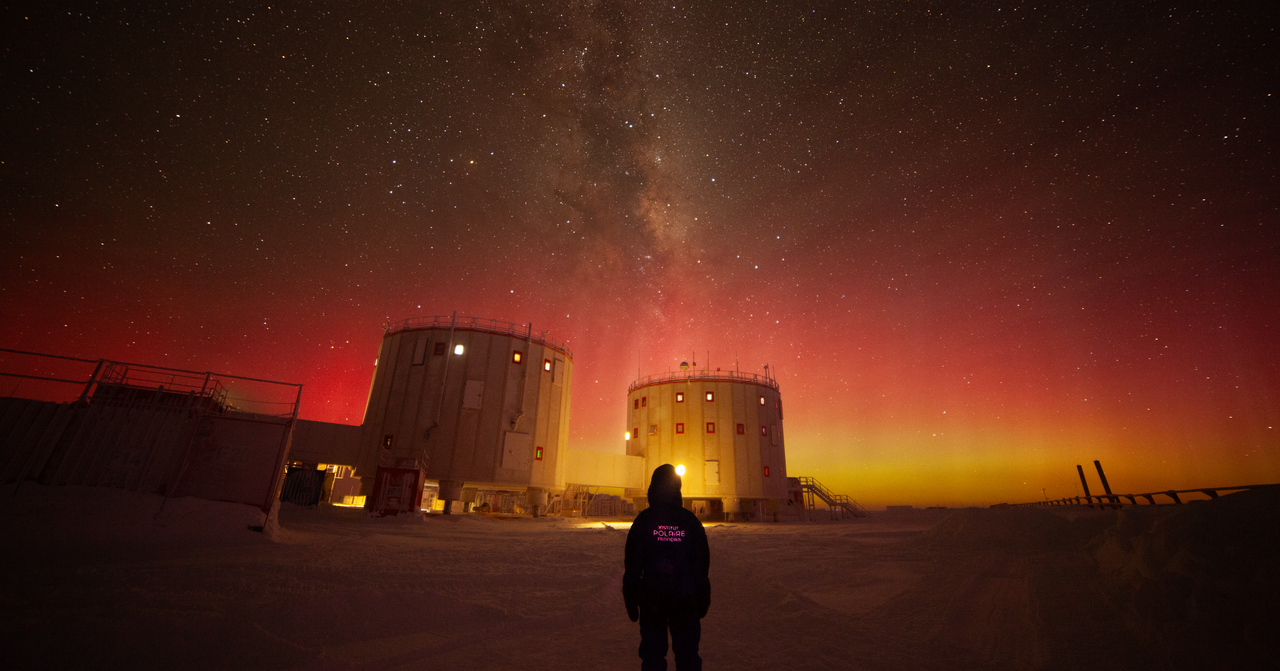
Access to medicines has long been a hot topic, with new analysis by the National Pharmacy Association (NPA) last month revealing how dozens of England’s “most isolated pharmacies” have closed since 2022 despite a scheme to protect them.
But how is pharmacy conducted in the world’s most remote areas?
Read more: Astropharmacy: taking medication into space is not as simple as it seems
C+D chats to Swiss biomedical doctor Jessica Studer, who finished a year of research for the European Space Agency (ESA) in Antarctica’s Concordia Station in November, as she reveals how pharmacy works on the icy continent.
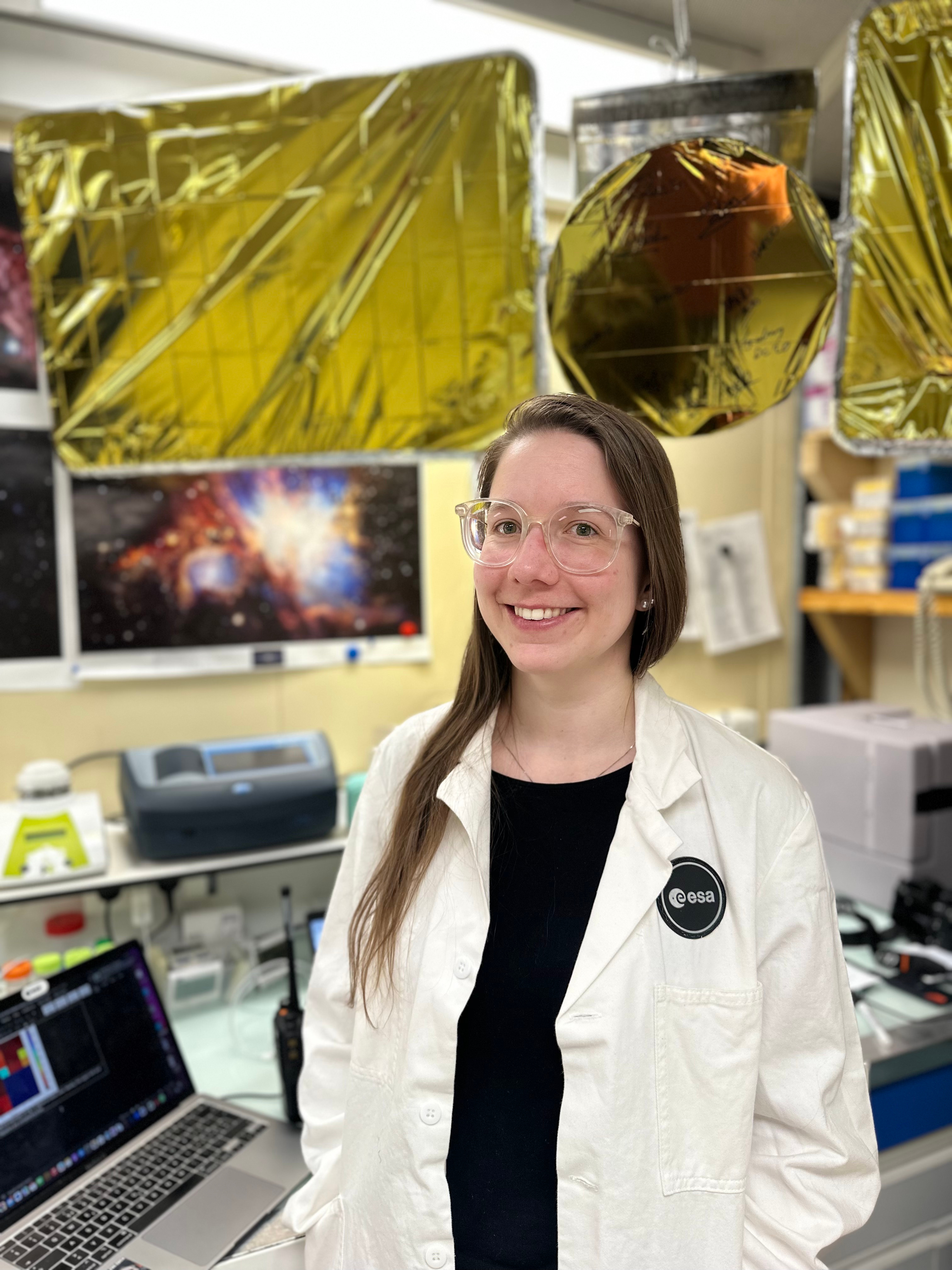
“Individualised medicine”
Studer explains that Concordia, a permanent research station known as “White Mars”, has two medical doctors on site who manage medication and prescriptions.
“One is responsible for the health of the crew and we have the second doctor, the ESA doctor, who is principally there for the experiment,” she says.
“The medical doctors do a risk evaluation, then we’ll choose what are the most probable medical incidents inside the station and based on that we will bring all the medication we would need.”
Read more: Beirut: a pharmacy during conflict
Studer spent the year performing biomedical experiments for ESA, looking at how the human body adapts to the extreme environments so it can apply the research when it sends astronauts to space.
These simulations of space missions are called analogue missions, and Studer says the twelve months at Concordia offer researchers more time to study the long-term effects of medication on people. It’s why she advocates for individualised medicine.
“You cannot bring everything up to space, so if you can do individualised medicine, that means you can bring exactly what people need there. It can help to improve terrestrial medicine as well.”
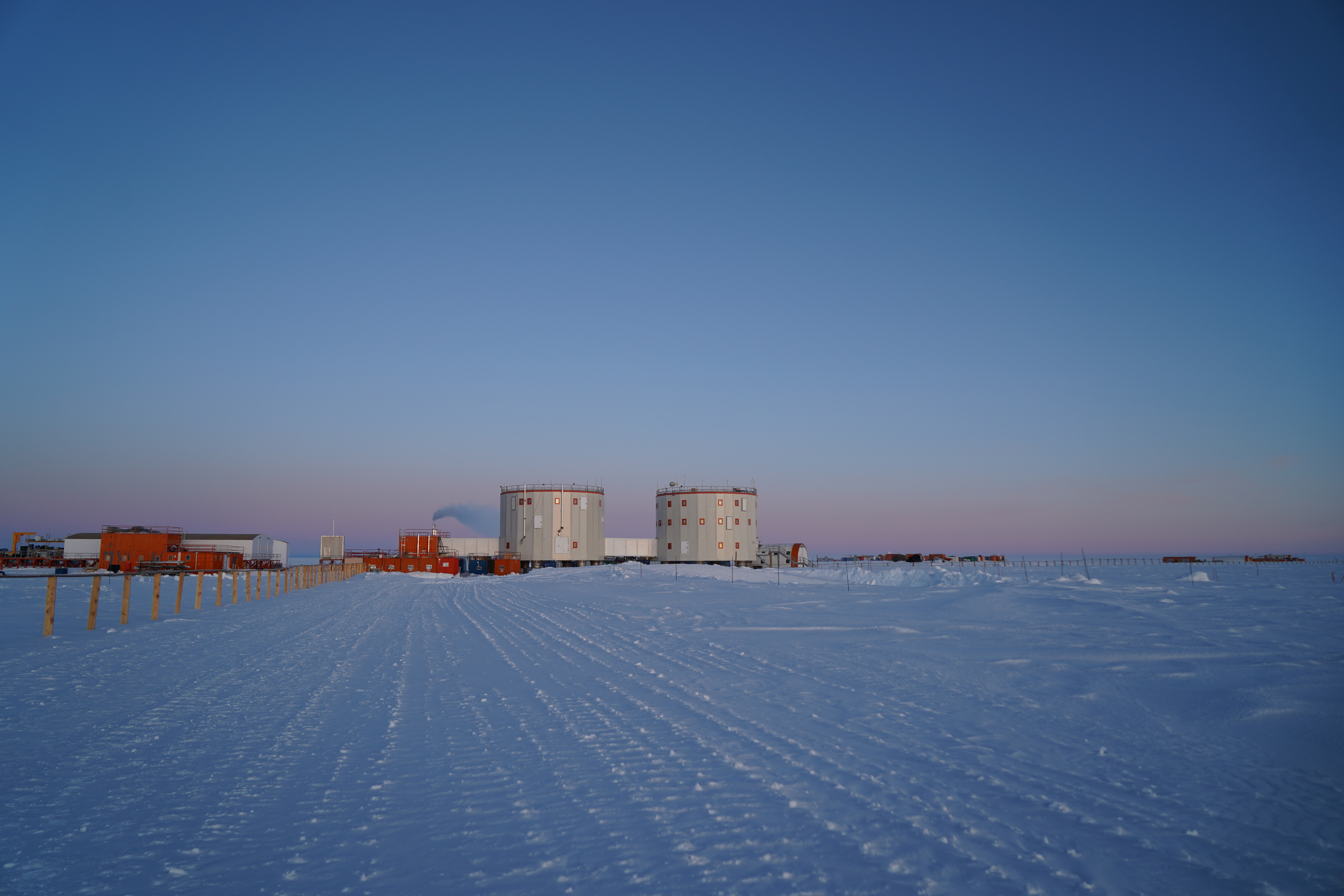
Telepharmacy
Efficiency also explains why Studer thinks it is more of a “logical question” why pharmacists might not be in Antarctica.
“We are limited in all the products we can have in Concordia, and that’s the case for all the analogue missions. So we need to be very self-sufficient.
Read more: ‘It was amazing!’: Olympics lead pharmacist on dispensing to the world’s best athletes
“If you would bring a pharmacist, they could take over biomedical experiments but since we're doing experiments that involve ultrasound, MRI and so on, a doctor is probably more skilled in those areas.
“That's why they took two medical doctors instead of taking pharmacists, which doesn't mean that you wouldn't need them, but in all space and analogue missions, you try to take the most common thing that could do the most.”
Read more: Serving life as a prison pharmacist
Telepharmacy is also crucial in these environments. Studer explains that when a medical incident occurs, the on-site doctor in Antarctica can connect with a pharmacist elsewhere in the world for help.
“It comes back to why we don’t have a pharmacist in Concordia. We would be able to interact with a real pharmacist somewhere in the world who would give us real-time advice on what to take, as long as you have the medication on site.”
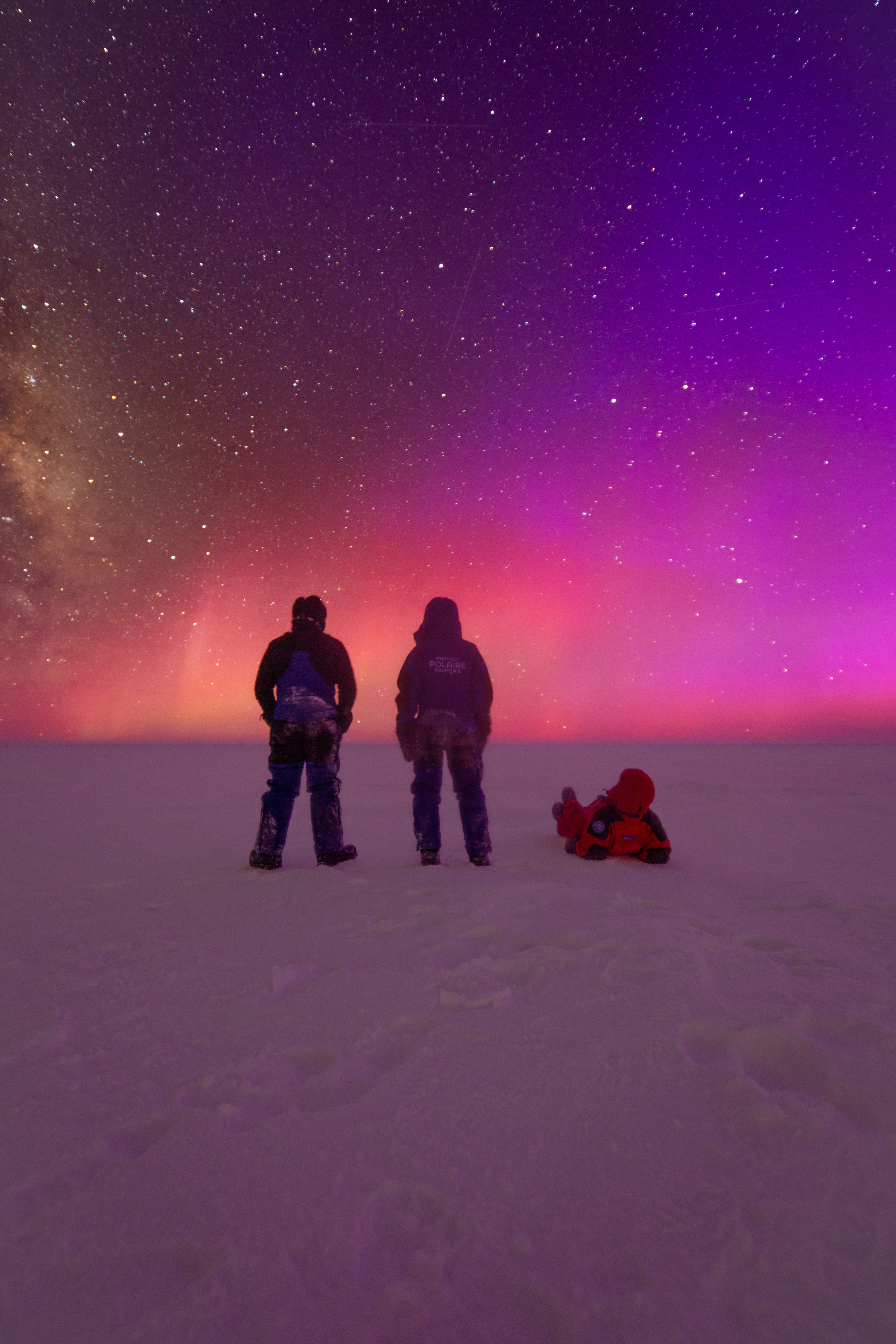
Prebiotic research
Studer has always been “interested in extreme stuff” and enjoys working in extreme medicine.
Her year of research involved different areas of study: isolation and confinement effects, circadian rhythm and sleep and the impact of darkness, looking at cardiovascular systems and how the heart reacts to an extreme environment, and hypoxia research that studies the impact of a lack of oxygen.
But one area covered items you may see in a pharmacy – prebiotics.
Read more: ‘Foodiepharmbabe’: The chocolatier pharmacist giving Willy Wonka a run for his money
“We wanted to know how prebiotics could influence good microbiome to improve the human system, because when you're isolated for a year in a steady environment, you won't be exposed to any bacterial viruses anymore, except the bacteria that you bring with you.”
The immune system weakens while in Antarctica and Studer says that “when we come out of Antarctica, we need to have all the vaccines to be with other people again”.
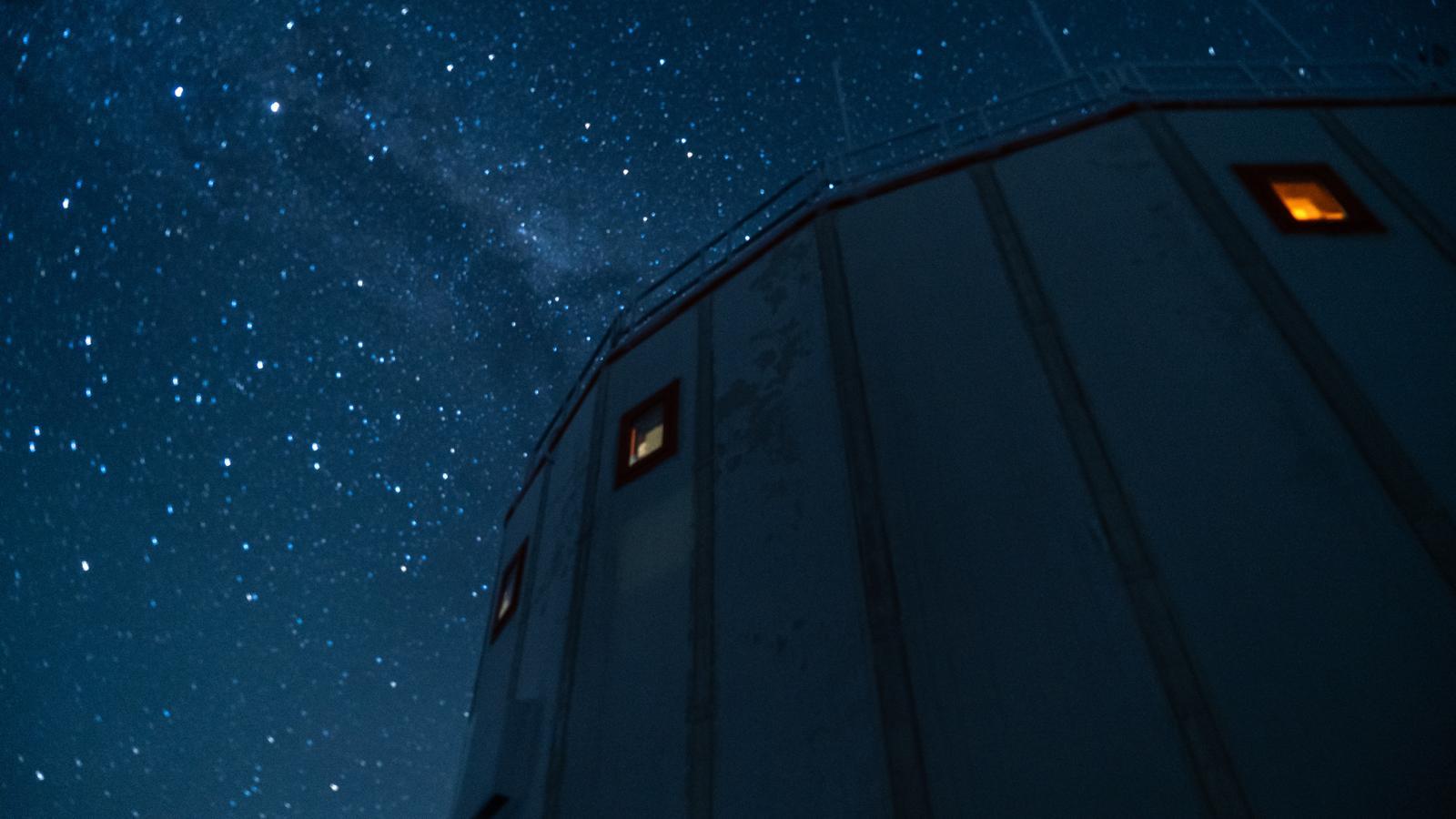
Studer took stool, saliva and blood samples to see if it was possible to “influence microbiomes to improve human immunity and human health”.
“We want to see what could be improved – could it help for future space missions?”
Completing this research in Antarctica is something that Studer will never forget.
“It's an experience that is crazy, but that really helps you to understand a lot about humans - their physiology, their psychology - but especially about yourself first of all.”


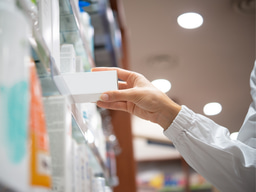
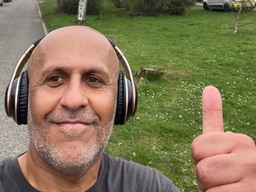

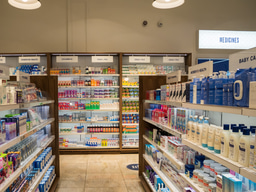
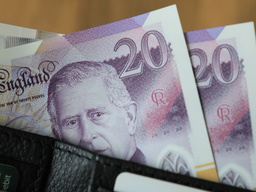
Please sign in
If you are a registered user on C+D Community, please sign in